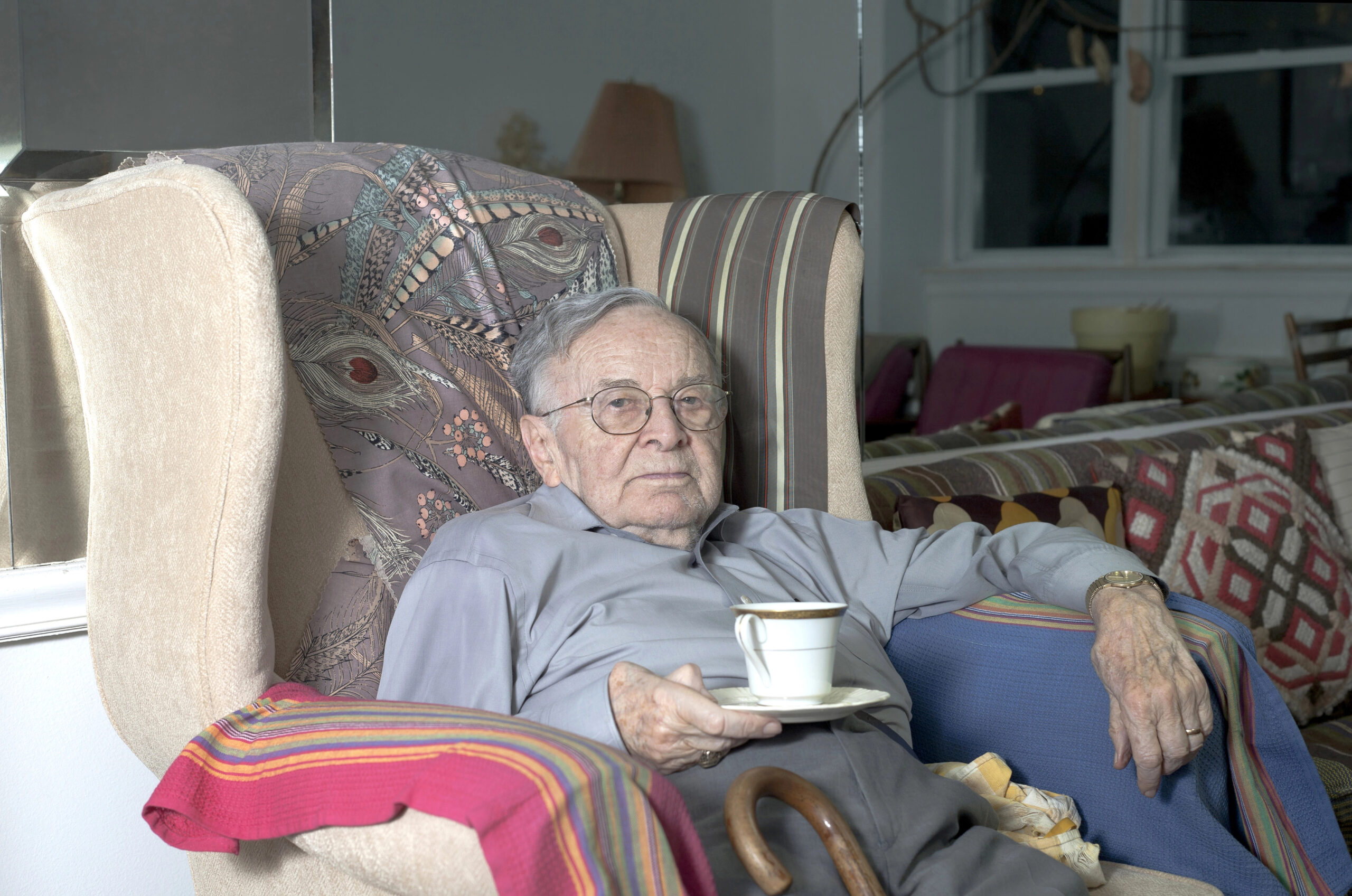VHA Partners with Circle of Care to Provide Specialized Support for Holocaust Survivors

It is estimated that there are between 13,000 and 15,000 Holocaust survivors living in Canada and Toronto has the largest Survivor community in the country. Holocaust Survivors include anyone displaced from their homes—either into concentration or labour camps, hiding, or as a refugee—due to Nazi persecution during the Second World War.
Now mostly over the age of 80, Survivors are experiencing age-related changes and other chronic health conditions combined with the physical and mental implications of horrific wartime experiences and trauma. While many of these individuals require ongoing support, research shows that whenever possible, aging-in-place is the preferred option over long-term care. Factors like leaving their homes, uniformed staff, schedules and waiting for food in an institution can trigger the trauma experienced during the Holocaust.
Circle of Care, a non-profit home and community care provider, is the lead agency in Ontario for the Holocaust Survivors Services Program and one of the biggest recipients of funds from the Conference on Jewish Materials Claims Against Germany in North America. Through its Holocaust Survivor Services Program, the organization provides a range of supportive services for elderly Holocaust Survivors in the Greater Toronto Area.
“Supported by partnerships with fellow home and community care service provider organizations like VHA Home HealthCare (VHA), Circle of Care’s Holocaust Survivor Services Program is helping these clients remain safe at home and in their communities, for as long as possible,” said Adeela Kausar, Director of Client Services at Circle of Care.
“We provide services and supports to assist our Survivor clients in maintaining dignity and independence as they age. Depending on the client’s needs, these services include personal support and homemaking, transportation to and from medical appointments, Kosher Meals on Wheels, respite care, counselling, an Adult Day Program and more,” Adeela said.
Trauma-Informed Client-Centred Care
In 2019, due to growing demand for Circle of Care’s program for Survivors, the organization enlisted VHA’s personal and home support workers to support more clients and more hours of care.
“This partnership and program are very much aligned with our mission, who we are and the populations we support,” said Desmond Kiu, Director of Integrated and Enterprise Health Solutions at VHA. “These services are delivered in addition to government-funded care and this dramatically improves the quality of life for Survivors who have already endured so much.”
All care providers supporting Holocaust Survivors go through specific training to gain the understanding, knowledge and sensitivity that is required to deliver quality and empathetic care.
“This training covers why aging and accepting help can be especially challenging for Survivors, the sights and sounds that can trigger a reaction, and how these factors can impact a client’s behaviour during care interactions,” said Desmond.
“Although this is a very specific demographic, these clients are all unique individuals with complex needs and diverse lived experiences. Our care providers are able to recognize shared trauma, while understanding the importance of getting to know each client individually,” Adeela added.
Through this partnership, Circle of Care and VHA can continue to advocate for Holocaust Survivors in our community and ensure that they have the necessary supports in place to remain in the comfort of their own home—where they want to be.
To learn more about the Holocaust Survivor Services Program and whether someone in your life is eligible for support, visit Circle of Care’s website. Please note that eligibility and the level of care are based on an assessment by the Conference on Jewish Materials Claims Against Germany in North America.
